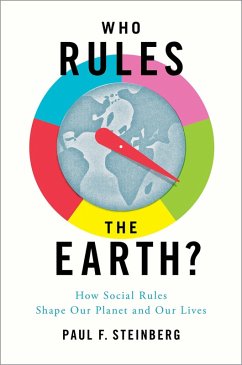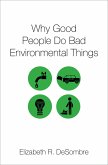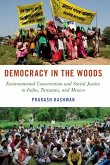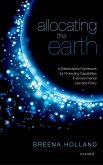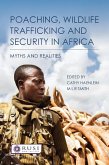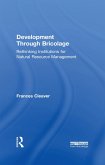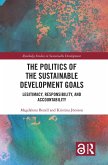Worldwide, half a million people die from air pollution each year-more than perish in all wars combined. One in every five mammal species on the planet is threatened with extinction. Our climate is warming, our forests are in decline, and every day we hear news of the latest ecological crisis. What will it really take to move society onto a more sustainable path? Many of us are already doing the "little things" to help the earth, like recycling or buying organic produce. These are important steps-but they're not enough. In
Who Rules the Earth?, Paul Steinberg, a leading scholar of environmental politics, shows that the shift toward a sustainable world requires modifying the very rules that guide human behavior and shape the ways we interact with the earth. We know these rules by familiar names like city codes, product design standards, business contracts, public policies, cultural norms, and national constitutions. Though these rules are largely invisible, their impact across the planet has been dramatic. By changing the rules, Ontario, Canada has cut the levels of pesticides in its waterways in half. The city of Copenhagen has adopted new planning codes that will reduce its carbon footprint to zero by 2025. In the United States, a handful of industry mavericks designed new rules to promote greener buildings, and transformed the world's largest industry into a more sustainable enterprise. Steinberg takes the reader on a series of journeys, from a familiar walk on the beach to a remote village deep in the jungles of Peru, helping the reader to "see" the social rules that pattern our physical reality and showing why these are the big levers that will ultimately determine the health of our planet. By unveiling the influence of social rules at all levels of society-from private property to government policy, and from the rules governing our oceans to the dynamics of innovation and change within corporations and communities-
Who Rules the Earth? is essential reading for anyone who understands that sustainability is not just a personal choice, but a political struggle.
Dieser Download kann aus rechtlichen Gründen nur mit Rechnungsadresse in A, B, BG, CY, CZ, D, DK, EW, E, FIN, F, GR, HR, H, IRL, I, LT, L, LR, M, NL, PL, P, R, S, SLO, SK ausgeliefert werden.
Hinweis: Dieser Artikel kann nur an eine deutsche Lieferadresse ausgeliefert werden.

